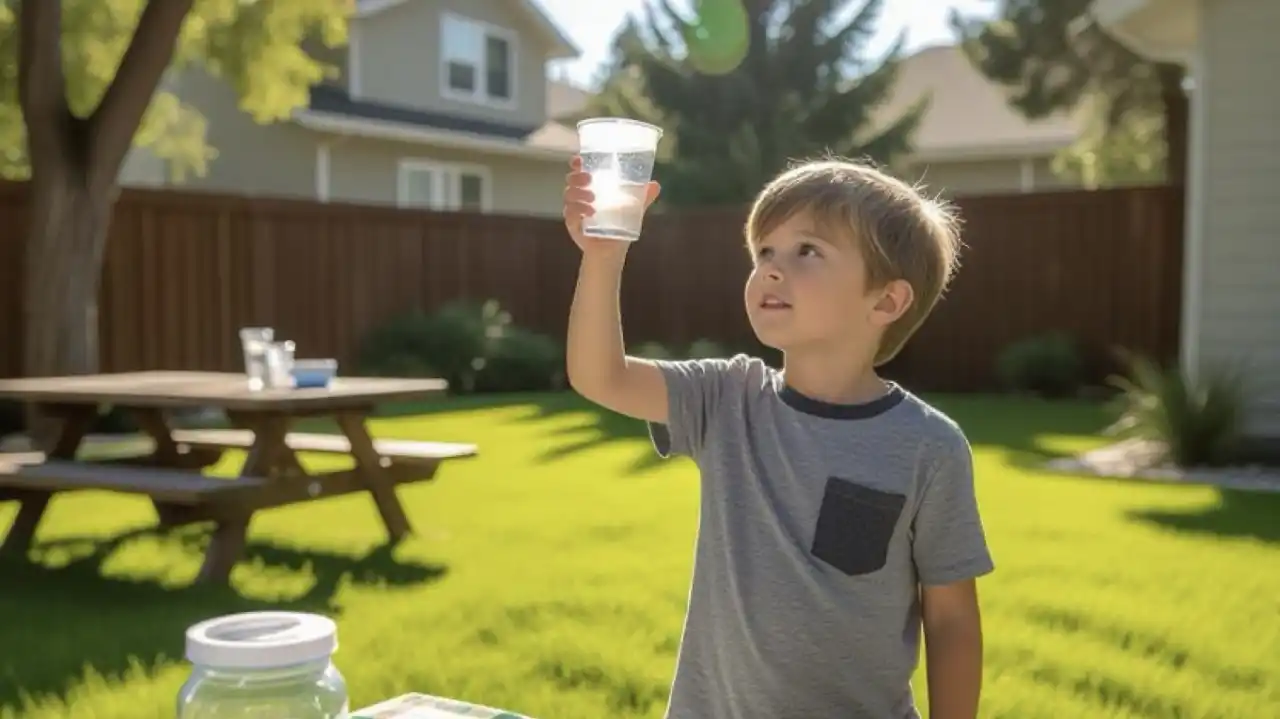
Core Critical Thinking: Test Reality with Science
W
hen a child makes a claim, the fastest way to test it isn’t debate—it’s observation. “This water is clean,” they might say. “Are you sure?” you ask. “Let’s test it.” These moments shift them from belief to investigation. Instead of defending guesses, they gather evidence. That mindset—look closer, check again, find out—teaches more than any lecture. It’s not just scientific. It’s rational. It shows them that truth isn’t decided by who speaks louder—but by what holds up under scrutiny.
One day, my son claimed the backyard hose water was “perfectly clean.” Instead of correcting him, I asked, “Want to find out?” We gathered a cup, a flashlight, and a filter. We held the water to the light. “Whoa,” he said, spotting tiny specks. We tried again with water from the kitchen. Fewer specks, less glare. That experiment—casual, quiet—stuck with him. Now when he makes a claim, he looks for ways to test it. That habit began not in school, but in the yard.
To nurture this approach, look for small claims they make: “It’s faster this way,” “This plant is healthy,” “That’s louder.” Don’t correct—invite proof. Say, “Let’s test it,” and walk with them through the evidence. You’re not just building science skills. You’re showing them how to think with their eyes open.
Core Critical Thinking
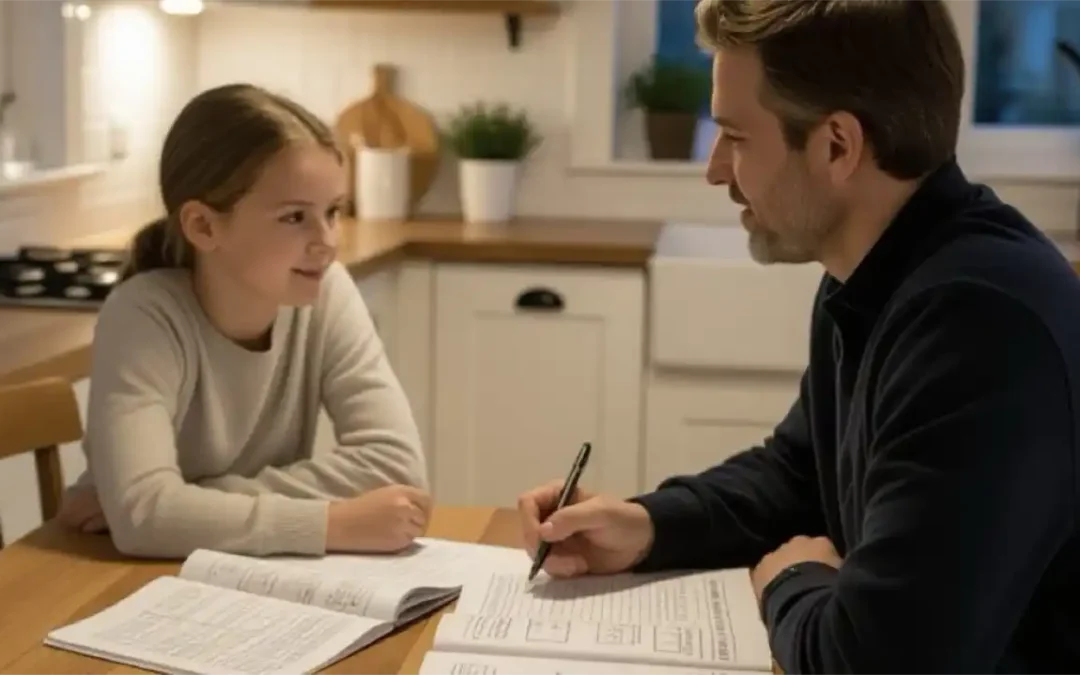
Core Critical Thinking: Strengthen Logical Reasoning
Develop logic through puzzles, questions, and analysis. Strong reasoning helps children make wise, confident decisions in life.

Core Critical Thinking: Challenge False Patterns
Teach children to recognize when patterns mislead. Strengthen logical thinking and awareness of common reasoning mistakes.
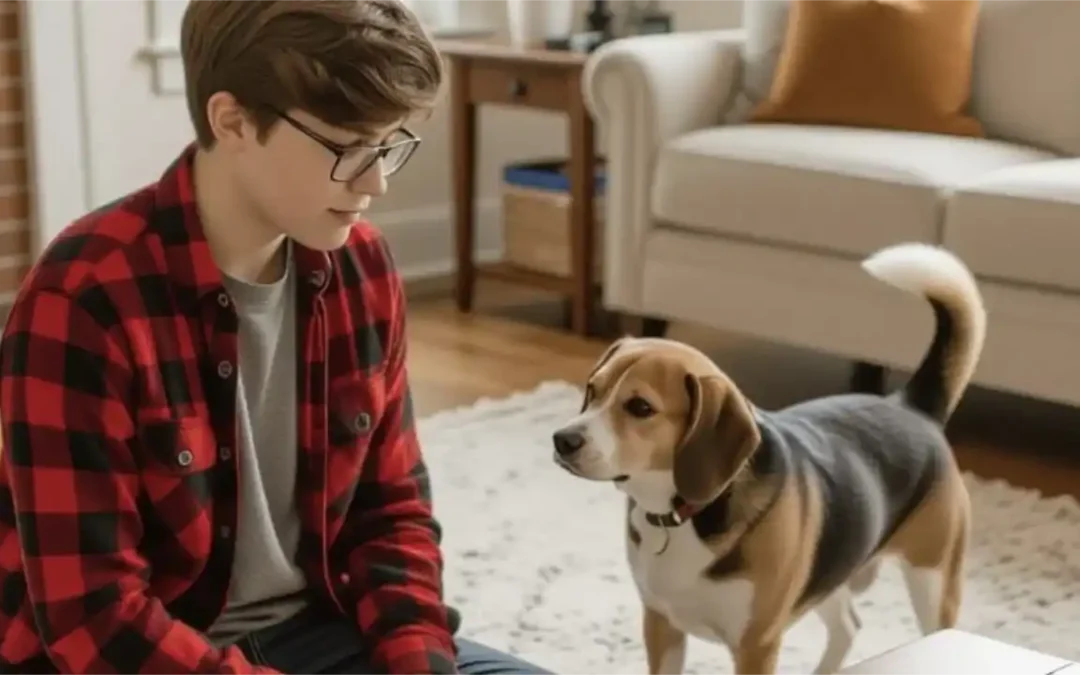
Core Critical Thinking: Investigate Underlying Causes
Help children look deeper than surface explanations. Understanding causes builds reasoning, clarity, and meaningful learning.
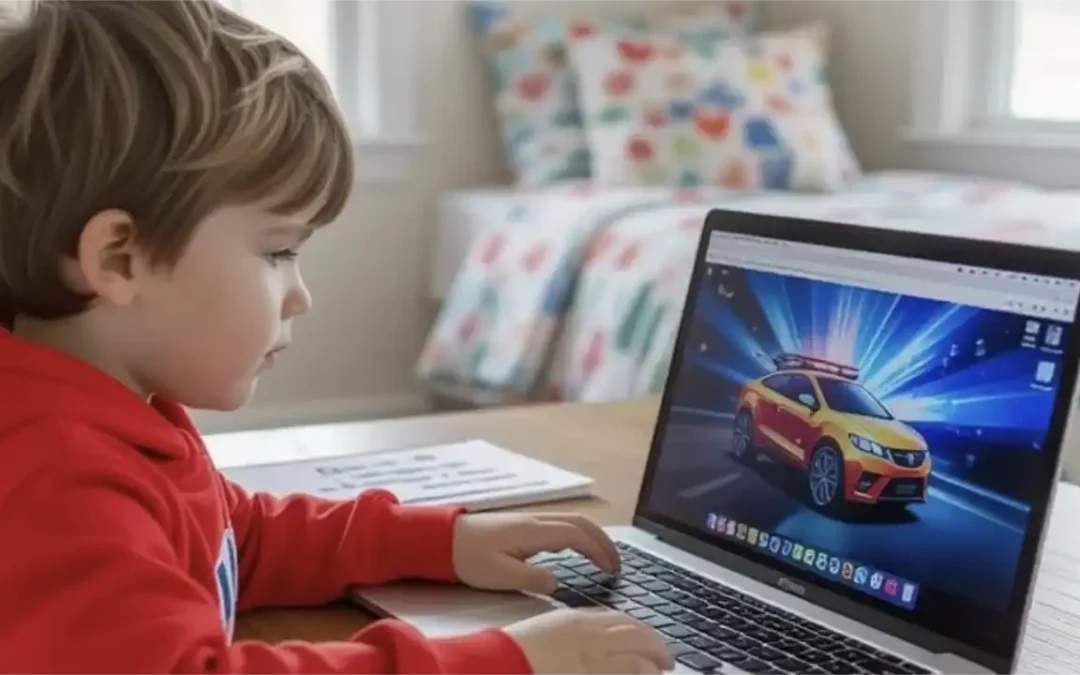
Core Critical Thinking: Verify Information at the Source
Show children how to check original sources and reliable references. This builds strong critical thinking and informed judgment.
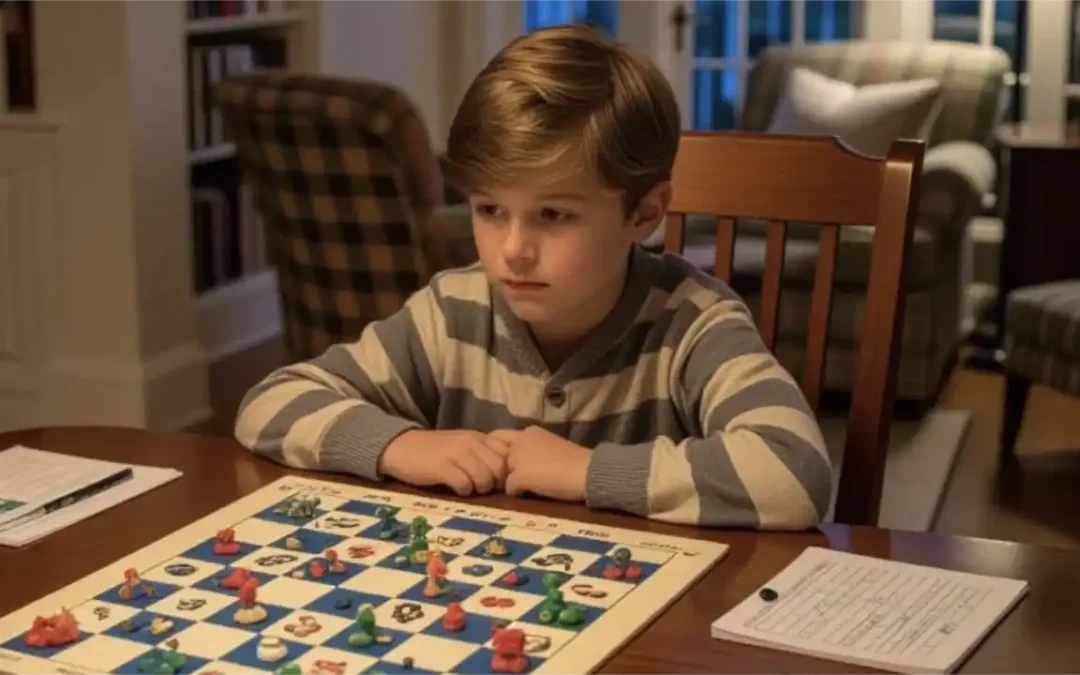
Core Critical Thinking: Question Every Claim
Encourage children to ask “How do we know?” Curiosity and reasoning help them think independently and avoid misinformation.
Table of contents

Primordial Soup for the Mind: Navigation
Navigate the book Primordial Soup for the Mind.
TIPS
- Ask “How could we find out?” instead of giving answers.
- Treat tests as discoveries, not corrections.
- Praise the method—not just the result.
ACTIVITIES
- Speed Test: “Which toy car is faster?” Set up ramps and measure.
- Water Clarity Test: Compare water sources using a flashlight or filter.
- Noise Challenge: Test which sounds travel farther outside or in the house.
TOOLS
Flashlight, magnifier, notebook, ruler, timer, basic filters

Download “Primordial Soup for the Mind: A Parent’s Guide to Nurturing Intellectual Growth”
Enter your information to get this article and hundreds more as part of the FREE book Primordial Soup for the Mind.
Share your thoughts with the Thought Academy community in the Comments section below.

Sharpen those skills!
Enter your information to get our FREE practice exercises so you can hone your critical thinking and reasoning skills!




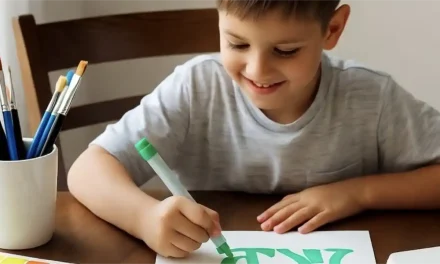
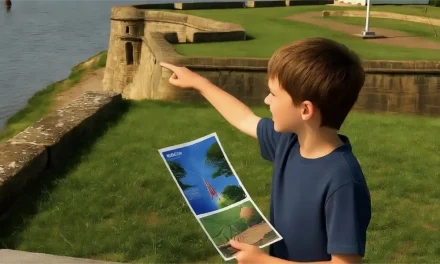
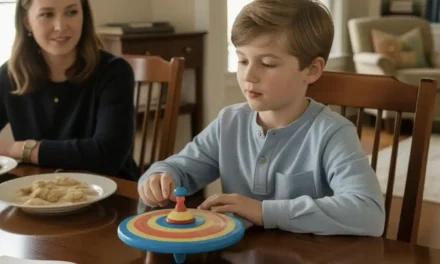
0 Comments